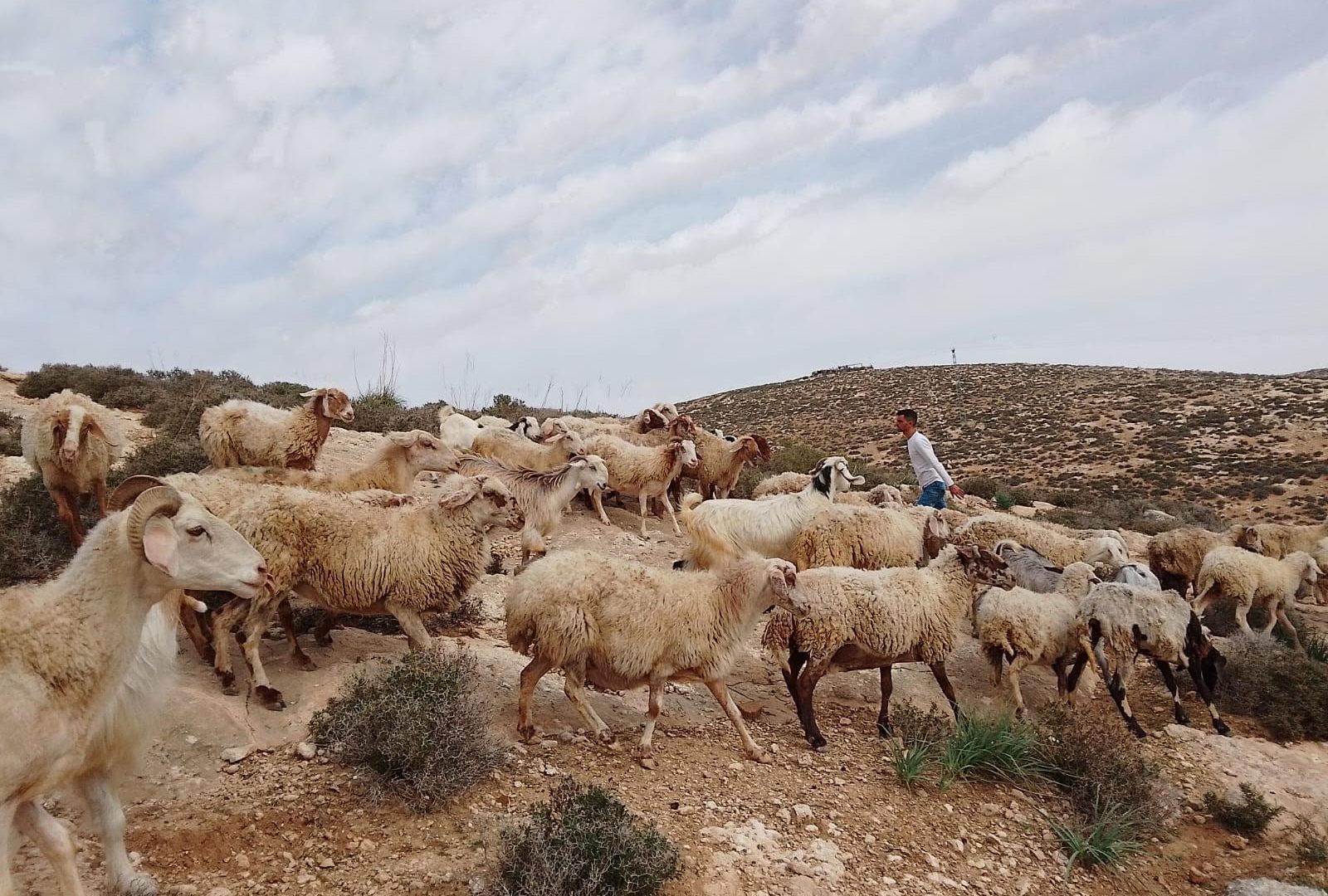All voices welcomed by Luxon, but did he hear them?
Opinion: An opportunity presented itself at Waitangi on Monday for all three of the governing parties to meaningfully engage with Māori and iwi.
While David Seymour, who was the overwhelming target of the harshest criticism fought fire with fire and Winston Peters leant into his usual legacy schtick, Christopher Luxon took the moment in front of him and squandered it.
Instead of throwing away his talking points from last year’s Waitangi speech and every campaign speech he delivered in the past nine months, Luxon dug in, unable or unwilling to think on his feet and respond to the challenges laid down before him.
The Prime Minister says he was asked by hosts, Ngāpuhi, to come and speak about his vision for the country by 2040 and what needs to happen to make that a reality.
No doubt he was, but Luxon should know from decades of political pōwhiri before him that what iwi in the North, or those who have travelled to be there actually want, is for the country’s leader to engage on the issues put forward on the day.
Māori fears and concerns can’t be pre-planned, there must be an agility to the sentiments that arise on the paepae in the heat of the moment, and Luxon wasn’t blind to what those might likely be.
A generous interpretation of Luxon persisting with a speech that was written for an audience not in Waitangi is that he failed to read the room.
A not so generous observation would be that he was speaking past those physically in Waitangi and instead to the cameras of mainstream media outlets – the purpose of that being to have a few clips on the 6pm news showing him spouting generic National Party slogans to his voters.
Given he already won them over at the last election and will feed them at every other speech he delivers for the rest of the year, it shouldn’t have been too much to pivot for one day.
The step-up from National Party leader to Prime Minister is being able to speak to and allay the anxiety of those feeling threatened by your policies, or at least attempt to.
Promising to grow the economy and “get our mojo back” isn’t that.
The strategy was not lost on those gathered as a united voice asking for commitments to protect the Treaty of Waitangi and make the country a place where their children can be proud to be Māori.
Rahui Papa, who spoke on behalf of Kingitanga, told Newsroom after the pōwhiri that Luxon was simply going through his “prime ministerial motions” and “speaking to the cameras”.
He wasn’t surprised by it, adding, “that’s how these guys play”.
On the paepae, Papa told the Government a “sneaky strategy” would be used in the months and years ahead.
He promised the need to protect the Treaty of Waitangi would be heard “time and time again at every forum so that it captures your conscious and unconscious”.
The Prime Minister’s default position of repeating the same thing ad nauseum is a strategy Māori now seem all too happy to adopt in reply.
While Seymour called out what he said were lies about what his Treaty principles bill was trying to achieve and took issue with being called a “spider” and being criticised for giving his Act colleague Nicole McKee an opportunity to speak, Peters kept his contribution fiery and to the point.
Among many other things the Deputy Prime Minister told those gathered was to “get an education” and to “stop the crap and hysteria” by suggesting the Government was trying to get rid of the Treaty.
Even Shane Jones said, “why would anyone be surprised by Winston’s delivery? I’m not”.
Possibly the most surprising element was the evolution of tikanga at the pōwhiri and changes made by the Waitangi organisers to allow the hikoi and protests to be heard and responded to by the politicians.
There were speakers invited on in addition to the Ngāpuhi hosts, to deliver frank summaries of how the people they were representing felt.
Hone Harawira, a staunch protester over the decades, leapt straight in and told Seymour, who was sat just metres away, that “you and your shitty bill are going down the toilet”.
Annette Sykes, a Te Arawa lawyer and activist, accused Luxon of letting the “tail wag the dog” and called on Jones to put a stop to limiting the Waitangi Tribunal, as is being proposed by New Zealand First.
The chair of the Waitangi National Trust, Pita Tipene, thought the inclusion of the hikoi and the extra voices on behalf of Māori were a good step, though he did apologise to Peters, Seymour and McKee for not putting a stop earlier to the interruptions they all faced.
He believed progress was made, even if it was glacial.
That progress was evident when the Māori wardens, who had stood as a human chain with their hands linked, parted to allow protesters to walk on to the paepae and make their upset and anger known through both haka and words.
It wasn’t Ngāpuhi who said to let them through, it was a gesture from the Prime Minister that he was happy to receive the confrontation.
Luxon’s words certainly rang hollow for many in Waitangi, but he did at least ensure everyone else had their say.
The question is whether he heard them.





